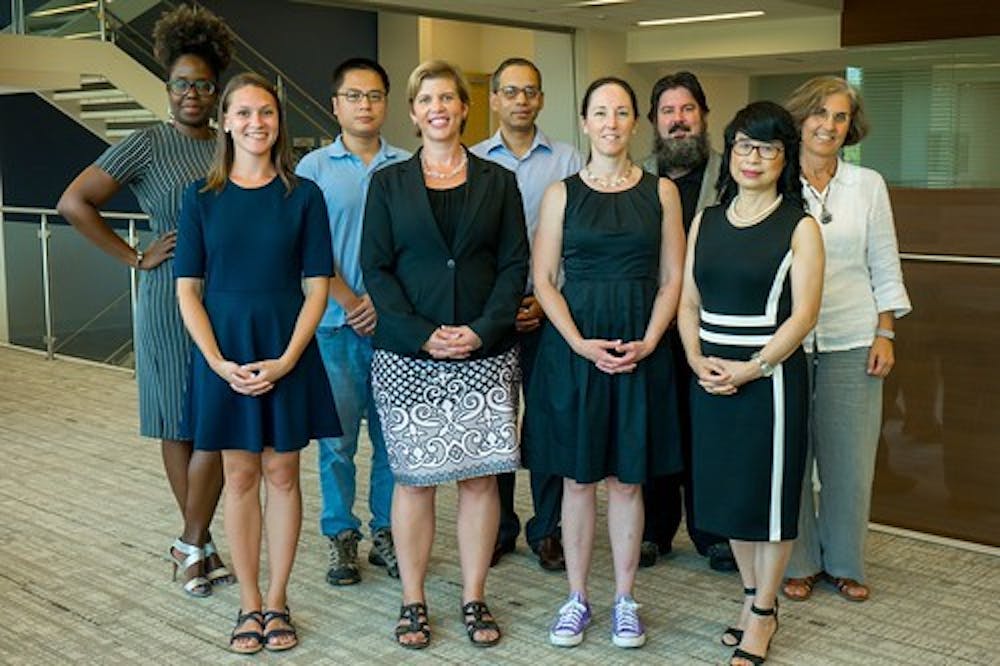A team at Auburn has received a $3 million grant to educate students how to research climate change and its impacts.
The National Science Foundation Research Traineeship was given to a team of nine faculty and senior administrators who will work with approximately 85 graduate students, including 18 fully funded trainees, according to a press release from the University.
“This grant from the National Science Foundation Division of Graduate Education is the first NRT-award for Auburn University and the first in the state of Alabama that will train students to make a sustainable, lasting impact increasing the climate resiliency in the southeastern United States,” said Karen McNeal, associate professor of geosciences and the principle investigator on the project.
The NRT grant is not just intended to train students on how to conduct interdisciplinary research on climate change. It also looks to prepare the next generations of scientists for the workforce and develop effective communication skills.
“Over the next five years, this team will work to reform graduate education providing students with an opportunity to better understand, communicate and predict climate resiliency,” McNeal said.
The program began in September 2019 and will run through 2024.
“Understanding the vulnerability, resiliency and recovery time is crucial as we continue to face more devastating and frequent natural disasters,” McNeal said.
The NRT grant is intended to bring together a diverse group of faculty and students on campus.
Members on the team include students and faculty from the College of Sciences and Mathematics Department of Geosciences, Department of Mathematics and Statistics and Office of Inclusion, Equity and Diversity; the College of Agriculture Department of Crop, Soil and Environmental Sciences, Biosystems Engineering and Agricultural Economics and Rural Sociology; and the School of Forestry and Wildlife Sciences.
“The graduate students will be analyzing and reviewing real-world applications during their internships,” McNeal said. “They will work with local and regional stakeholders including organizations and companies that will be directly impacted by climate change.”
Auburn’s Department of Geosciences recently began offering a doctoral program that aims to educate students on factors related to climate change.
“Students in the Department of Geosciences earth science systems doctoral program have an unparalleled opportunity to learn about the environment and conduct research that can help find solutions to climate-based problems,” said Department of Geosciences Chair Ming-Kuo Lee.
The activities included in the program range from rigorous course work to effective science communication training and internships with stakeholders in Auburn’s geographic area. Workshops structured around the decision-making process are also included.
As part of the program, students will look at natural systems related to climate change as well as man-made infrastructure. Over the course of the program, faculty from historically black colleges in the area will provide further research, support and training.
Do you like this story? The Plainsman doesn't accept money from tuition or student fees, and we don't charge a subscription fee. But you can donate to support The Plainsman.





